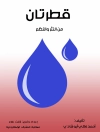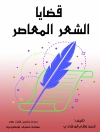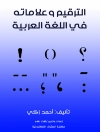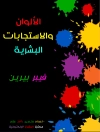This book systematically studies the literary output of female writers in contemporary China within the frame of literary theories of feminism. With tools from psychoanalysis, structuralism and deconstructionism, the two female authors, Meng and Dai, analyze 9 important female writers from 1919 to 1949, including Yin Lu, Xin Bing, Ning Ding, Ailing Zhang. By decade, the authors provide a comprehensive depiction of these female writers’ historic-cultural background as well as their reception by critics and audiences. Navigating the complex relation between mainstream literary trends and female writers’ practice, this text represents a landmark of practice of literary feminist criticism within the Chinese language.
Tabela de Conteúdo
1. Introduction.- 2. Years of the “May Fourth” Era: A Floating Historical Stage.- 3. Lu Yin: “Wimps Standing in front of Life’s Diverging Paths”.- 4. Yuanjun: Rebellion and Sentimental Attachment Introduction.- 2. Years of the “May Fourth” Era: A Floating Historical Stage.- 3. Lu Yin: “Wimps Standing in front of Life’s Diverging Paths”.- 4. Yuanjun: Rebellion and Sentimental Attachment.- 5. Bing Xin: Fortune’s Favored Daughter.- 6. Ling Shuhua: A Feminine World Trapped in a Corner.- 7. The 1930s: Myths in the Crevice of Civilizations.- 8. Ding Ling: Vulnerable “Goddess”.- 9. Marching Towards Battlefields and the Bottom Classes.- 10. Women in the City: On the Margins of a Glorious Page of History.- 11. Bai Wei: A Survivor of Ordeals.- 12. Xiao Hong: The Brave and Wise Pathfinder.- 13. The Nineteen Forties: A Divided World.- 14. Su Qing: Women – “Civilians in the Occupied Areas”.- 15. Zhang Ailing: The Knowing Smile of a Desolate Beauty.- 16. Conclusion
Sobre o autor
Yue MENG, doctor of history from University of California, Los Angeles, professor in the Department of East Asian Studies at the University of Toronto, Canada. Jinhua DAI, professor of the Department of Chinese Language and Literature and director of the Center for Film and Culture Studies at Peking University.












